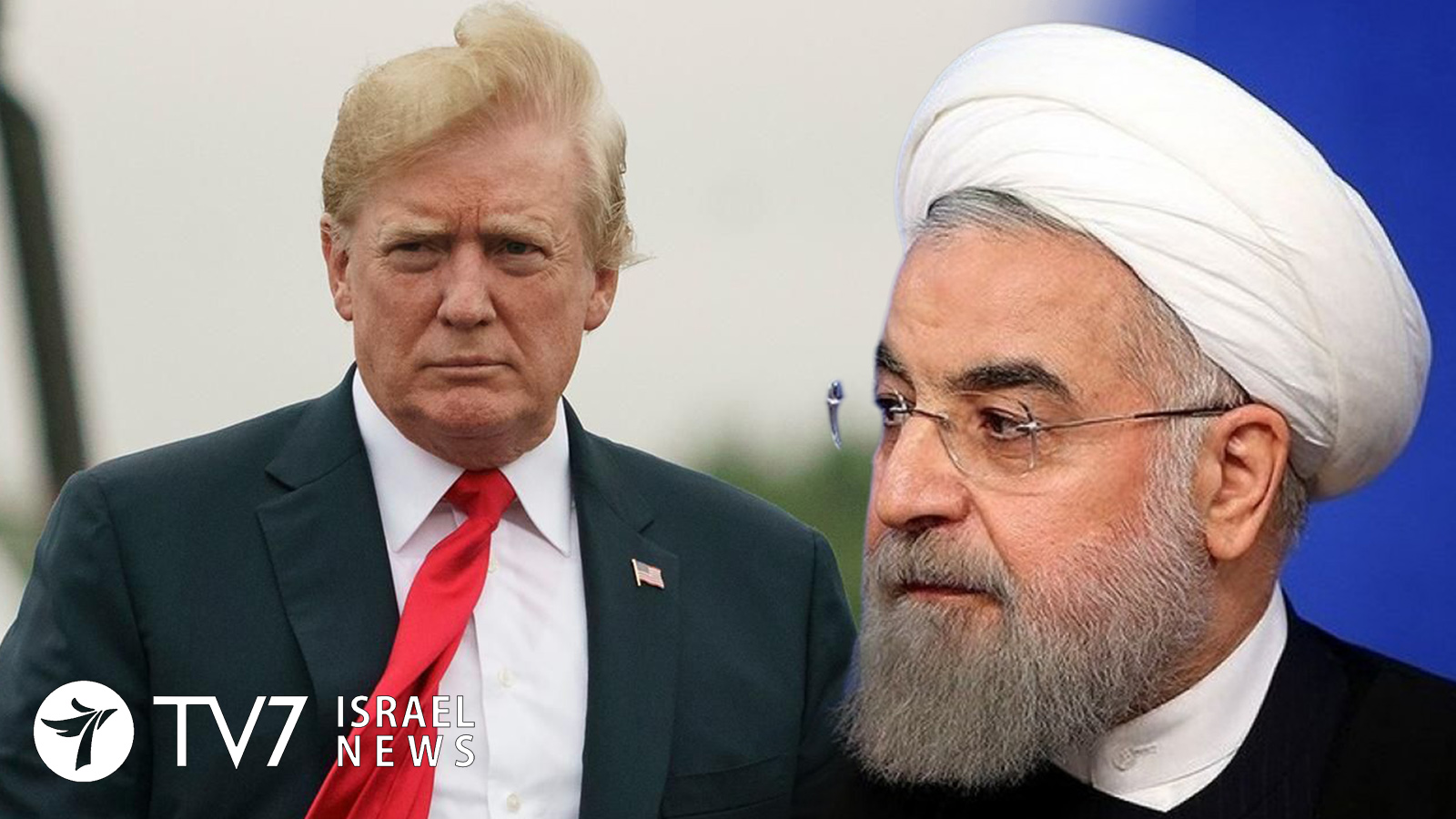Acting U.S. Secretary of Defense Patrick Shanahan confirmed reports of discussions taking place about the possible deployment of additional American troops to the Middle East.
During a meeting with Vietnamese Foreign Minister Pham Binh Minh at the Pentagon, Secretary Shanahan underscored that the possible deployment aims to assure that the United States maintains the right levels of deterrence vis-à-vis the Islamic Republic of Iran. “This gets back to the risk of Iranian miscalculation. So, we’re very protective of our men and women, we are very protective of our interests in the region, so first and foremost — just like you would with your teammates, men and women under your responsibility, to make sure that we’re at the right levels. And so, what you may find is that we’re conservative, more protection is better than less protection. So, that’s really been the nature of the dialogue,” the Acting U.S. Secretary of Defense said.
While Secretary Shanahan insisted that Washington would weigh its options; U.S. President Donald Trump underscored in response to a reporters questions at the White House, that ‘while he would certainly send troops if required, at present, he does not deem an additional deployment necessary.’ According to the U.S. President, “I would certainly send troops if we need them. Iran has been a very dangerous player, very bad player. They are a nation of terror and we won’t put up with it.” / ” When I first came here that was a country of terror. They were all over. I remember, and I’ve told this story, but I’ve been at many different meetings where every single problem caused in the Middle East , and maybe beyond, but in the Middle East was caused by Iran. They were behind every single, we had 14 different attacks at one point, they were behind every attack. So we’ll see what happens with Iran. No I don’t think we’ll need it but if we need it we’ll have we’ll be there in whatever number we need.”
President Trump also took the opportunity to point to the consequences of his decision to pull-out from the nuclear agreement with Iran. The American leader stressed that while he favorably admires the Iranian people, the policy pursued by the Ayatollah regime has devastated the country. He said: “The deal that was signed by President Obama was a horror show. It’s a terrible deal. The minute I collapsed that deal and terminated it; Iran went in a very bad direction. They’re now suffering massive problems financially; they have inflation that’s about the highest in the world. Their people and they have great people, I know many Iranians are great people. But the country is in very bad shape.”
Meanwhile in Tehran, Iranian President Hassan Rouhani stepped up his combative’ rhetoric against the United States. In an address that was broadcast live by Iranian state television, President Rouhani vowed that the Islamic Republic will never surrender to U.S. pressure and underlined that the Ayatollah regime will not abandon its goals even if it is bombed.
With regard to growing domestic criticism against Iran’s leadership about the dire economic situation in the country inhabited by over 81 million, President Rouhani sought to lay the blame on the United States by accusing it of ‘waging an economic war against the people of Iran.’ He said: “Today the enemy has again attacked us. In the past it was through military pressures, military attacks and invasions, and today it is by economic warfare and attacks on people’s lifestyles and the quality of life.”
Rouhani’s attempt to distance himself from responsibility for the deteriorating situation came after Iran’s Supreme Leader Ayatollah Ali Khamenei sought to lay the blame for the failure of the 2015 multilateral nuclear agreement on President Hassan Rouhani and Foreign Minister Mohammad Javad Zarif – openly condemning them for not following his advice. In his words: “The way the JCPOA (the nuclear deal) was put into action, I didn’t have much faith in it. I said that repeatedly to the officials including the president and foreign minister, and advised them.”
While speaking to a group of Iranian university students in Tehran, Ayatollah Khamenei sought to reassure the youth by claiming that they will witness the demise of both the Israeli and American civilization; saying: “I can confidently say, and I can prove it in an appropriate time, that the Western civilization is in demise and is really falling apart.”
Following the comments by the Iranian supreme leader, Iran’s top military chief voiced a warning to the West, by stressing that that any enemy “adventurism” would meet a crushing response.
